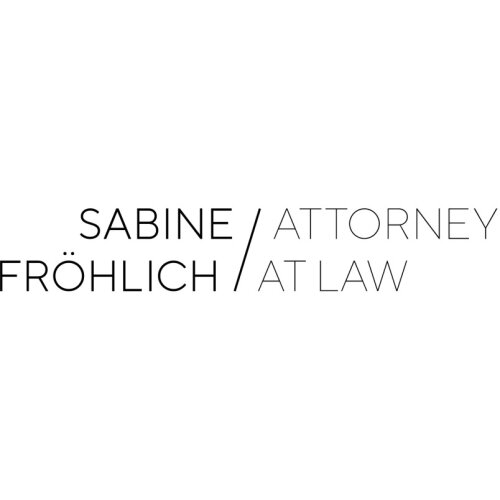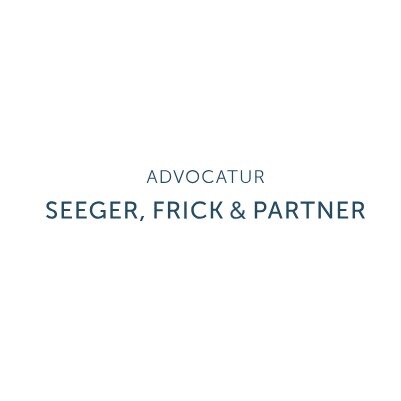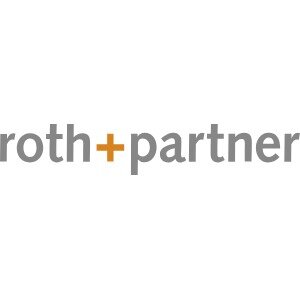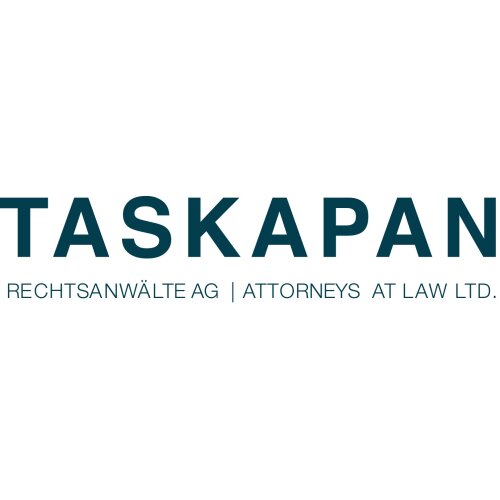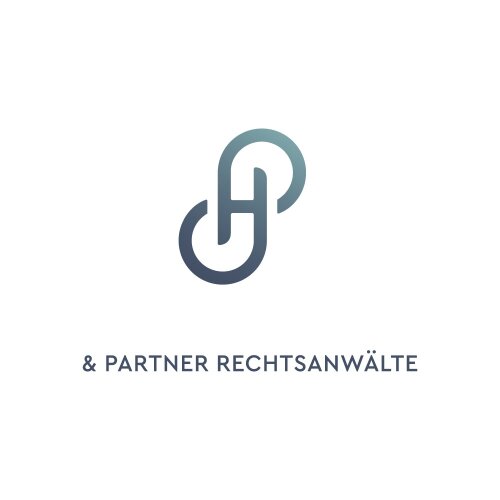Best ESG Advisory & Compliance Lawyers in Liechtenstein
Share your needs with us, get contacted by law firms.
Free. Takes 2 min.
Or refine your search by selecting a city:
List of the best lawyers in Liechtenstein
About ESG Advisory & Compliance Law in Liechtenstein
Environmental, Social, and Governance (ESG) advisory and compliance services are becoming increasingly important for businesses, financial institutions, and investors in Liechtenstein. ESG refers to evaluating the impact an organization has on environmental protection, its social responsibility, and the way it is governed. In recent years, Liechtenstein has been proactive in adopting and integrating European Union regulations and international best practices related to ESG. This means companies operating or investing in Liechtenstein must understand and comply with regulatory expectations for sustainability, ethical business, and transparency.
Why You May Need a Lawyer
Engaging a lawyer experienced in ESG advisory and compliance can be crucial for several reasons. Organizations may require legal assistance when starting ESG initiatives, setting up compliance programs, or preparing for cross-border investments, as regulations can be intricate. Companies may also need help interpreting new legislation, reporting on sustainability, or responding to regulatory inquiries and audits. A lawyer can assist in identifying and managing ESG risks, drafting compliant company policies, facilitating stakeholder engagement, or handling disputes involving ESG matters. Legal advisers help ensure that your business activities align with local and international standards, reducing reputational and financial risk.
Local Laws Overview
Liechtenstein's regulatory framework for ESG has evolved in line with European developments. The country is part of the European Economic Area (EEA) and adopts key regulations such as the EU Sustainable Finance Disclosure Regulation (SFDR) and the Taxonomy Regulation. Financial service providers, asset managers, and businesses are required to disclose ESG risks, integrate sustainability factors into their investment processes, and report on their activities. Authorities such as the Financial Market Authority (FMA) supervise ESG disclosures for compliance. Additionally, Liechtenstein enforces strict anti-money laundering (AML) and corporate governance standards, and expects companies to reduce their environmental impact, respect labor rights, and foster transparent governance.
Frequently Asked Questions
What does ESG mean in a legal context?
ESG stands for Environmental, Social, and Governance factors that impact how businesses operate and report on their activities. In a legal context, ESG involves adhering to laws and standards that promote environmental sustainability, social responsibility, and strong governance practices.
Who must comply with ESG regulations in Liechtenstein?
All companies, particularly financial market participants such as banks, asset managers, and investment funds, must comply with ESG-related rules, including disclosure and reporting requirements adopted from European law.
How does Liechtenstein enforce ESG compliance?
Regulatory authorities, especially the Financial Market Authority (FMA), monitor and enforce ESG compliance through regular audits, supervision, and reporting requirements. Non-compliance may result in fines or reputational damage.
What are some key ESG regulations in Liechtenstein?
Important regulations include the EU Sustainable Finance Disclosure Regulation (SFDR), the EU Taxonomy Regulation, anti-money laundering (AML) laws, corporate governance codes, and environmental protection statutes.
Are there penalties for failing to comply with ESG requirements?
Yes, failure to comply with ESG laws and standards can result in administrative sanctions, financial penalties, and increased scrutiny from regulators. Non-compliance may also impact a company's reputation and ability to attract investment.
What should a company do to begin setting up an ESG program?
A company should conduct an ESG risk assessment, consult with legal and ESG experts, set internal policies and objectives, train staff, and establish mechanisms for monitoring and reporting sustainability practices.
Why is ESG reporting important?
ESG reporting helps stakeholders, investors, and regulators assess non-financial performance and sustainability risks of companies. Transparent reporting builds trust and facilitates access to responsible investment.
Can international investors benefit from ESG compliance in Liechtenstein?
Yes, international investors benefit from strong ESG compliance as it reduces investment risk, improves transparency, and aligns with global sustainability expectations. Liechtenstein's framework can facilitate access to EU markets.
Is ESG compliance mandatory or voluntary in Liechtenstein?
Certain ESG requirements, especially in the financial sector, are mandatory due to regulatory obligations adopted from the European Union. However, many companies also choose to exceed requirements to demonstrate leadership in sustainability.
How can a lawyer help with ESG strategy?
A lawyer can identify regulatory obligations, draft and review policies, support training, help manage risks, ensure proper disclosures, and represent the company in dealings with regulatory authorities or in legal disputes involving ESG matters.
Additional Resources
For further information and assistance, consider contacting the following organizations or governmental bodies:
- Liechtenstein Financial Market Authority (FMA) for regulatory guidelines and updates - Office of Environment (Amt für Umwelt) for environmental compliance - Liechtenstein Chamber of Commerce and Industry for ESG best practices - Local law firms with expertise in ESG advisory, sustainability reporting, and compliance - Industry associations focused on responsible business conduct and sustainable finance - European Union legal resources relating to sustainable finance and ESG
Next Steps
If you believe ESG advisory and compliance issues affect your organization or if you are about to undertake business activities in Liechtenstein, it is recommended to seek legal counsel early. Begin by identifying your specific concerns or objectives, and schedule a consultation with a local lawyer specializing in ESG matters. Prepare relevant documents and questions in advance for the initial discussion. Staying proactive about ESG compliance will help your business minimize legal risks and maximize opportunities in the evolving landscape of sustainable business in Liechtenstein.
Lawzana helps you find the best lawyers and law firms in Liechtenstein through a curated and pre-screened list of qualified legal professionals. Our platform offers rankings and detailed profiles of attorneys and law firms, allowing you to compare based on practice areas, including ESG Advisory & Compliance, experience, and client feedback.
Each profile includes a description of the firm's areas of practice, client reviews, team members and partners, year of establishment, spoken languages, office locations, contact information, social media presence, and any published articles or resources. Most firms on our platform speak English and are experienced in both local and international legal matters.
Get a quote from top-rated law firms in Liechtenstein — quickly, securely, and without unnecessary hassle.
Disclaimer:
The information provided on this page is for general informational purposes only and does not constitute legal advice. While we strive to ensure the accuracy and relevance of the content, legal information may change over time, and interpretations of the law can vary. You should always consult with a qualified legal professional for advice specific to your situation.
We disclaim all liability for actions taken or not taken based on the content of this page. If you believe any information is incorrect or outdated, please contact us, and we will review and update it where appropriate.
Browse esg advisory & compliance law firms by city in Liechtenstein
Refine your search by selecting a city.



